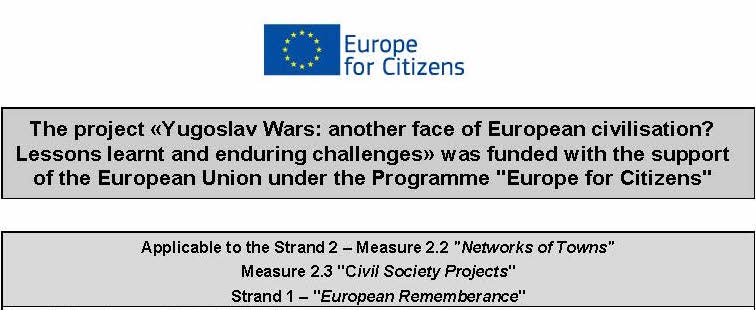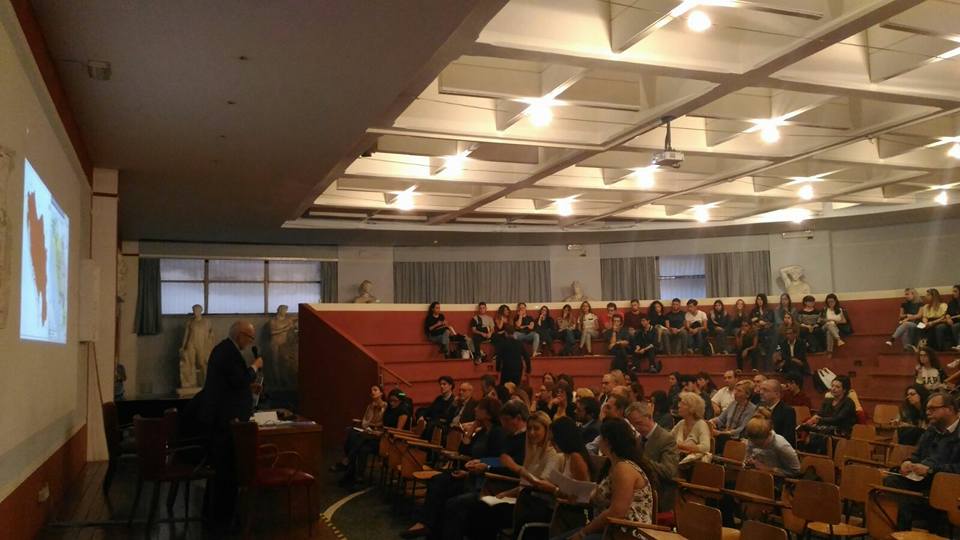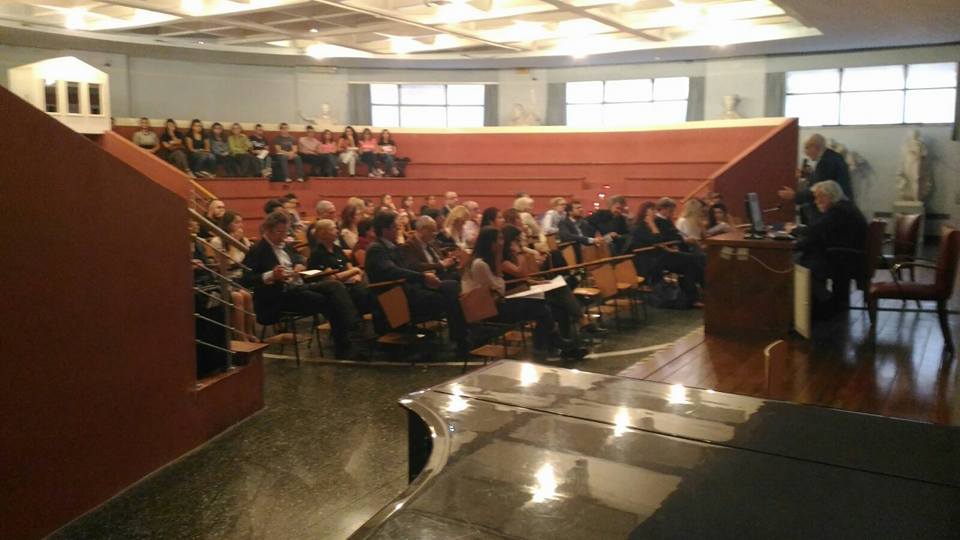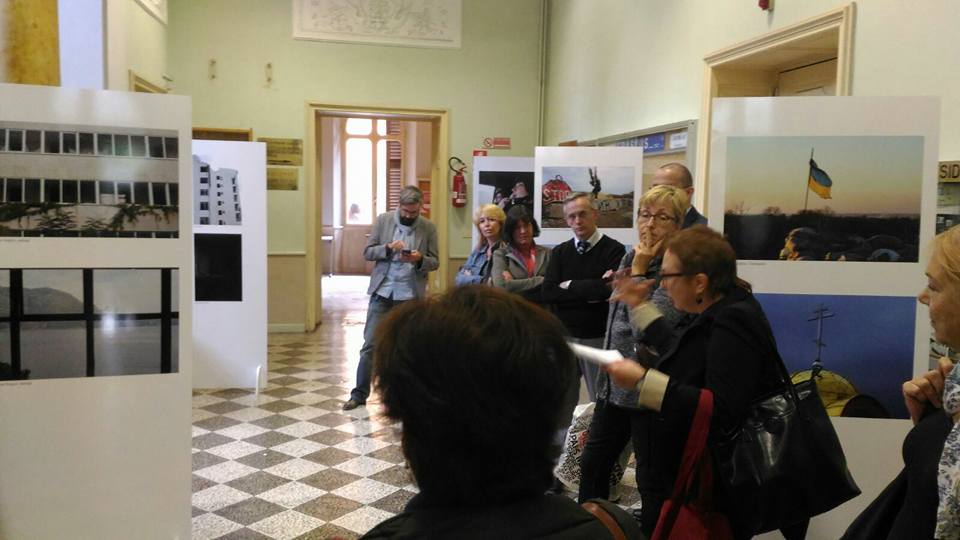Progetto EUROPE FOR CITIZENS

Titolo del progetto: Le guerre in Iugoslavia: un’altra faccia della civiltà europea? Lezioni acquisite e sfide durevoli
Acronimo del progetto: Yu_Eu
Elenco delle organizzazioni partner:
- P1 – organizzazione proponente – Università degli Studi di Roma Sapienza – Italia
- P2 – partner associato – UNIVERZITET U KRAGUJEVCU – Serbia
- P3 – partner associato – UNIVERSITAT RAMON LLULL FUNDACIO – Spagna
- P4 – partner associato – Radio Svoboda
Breve descrizione del progetto:
Il 1991 ha riportato la guerra nel cuore dell’Europa, nella ex-Iugoslavia. Il progetto si focalizzerà sul problema delle guerre in Iugoslavia, intese come uno strappo nel tessuto della civiltà europea. Sarà necessario proporre una prospettiva radicalmente nuova, guidata da un libero spirito di ricerca e da un’illimitata volontà di porsi domande, al fine di esplorare i meccanismi operativi della nostra civiltà comune. Gli eventi organizzati nell’ambito del progetto Yugoslav Wars: another face of European civilization? Lessons learnt and enduring challenges saranno occasione per impegnative discussioni su domande cruciali riguardanti le guerre iugoslave, la comune identità europea, la memoria e i valori. Il progetto, la cui durata prevista è di 18 mesi, è costituito da incontri di networking e ricerca, workshop, conferenze, mostre, programmi radio e multimediali finalizzati a 1) generare una riflessione critica sul passato in dimensione europea, mediante dibattiti qualificati, interazioni che promuovano scambi discorsivi con altri cittadini europei e che favoriscano la consapevolezza della storia, dell’identità e degli obiettivi dell’Unione Europea; 2) lavorare per costruire memorie collettive europee al plurale, miranti a una sempre migliore comprensione delle diversità e delle sfide attuali; 3) promuovere l’identificazione con l’Europa in quanto realtà complessa e in divenire, obiettivo che implica anche confrontarsi con le proprie ferite ed elaborare i sentimenti e i pensieri a esse associati. La serie di coinvolgenti e interattive presentazioni organizzate durante i tre eventi che si terranno rispettivamente a Kragujevac, Barcellona e Roma, oltre ai programmi radio multicanale (+ web e social media) di Radio Free Europe hanno l’obiettivo di dar vita a dialoghi che superino i confini geografici, di tempo e di ambito disciplinare, tra accademici e giornalisti, attivisti, artisti, performer, e pubblico generale. Le presentazioni includeranno una varietà di voci differenti, e ciascun evento farà interagire storie e reportage digitali, lettura di papers, performance ed esibizioni artistiche. Gli scambi che così avranno luogo metteranno in luce prospettive inedite e creeranno nuove reti di collaborazione e attivismo tra studiosi, artisti, attivisti, insegnanti e cittadini.

|
3 events have been carried out within this project: Event 1 Event 2 Event 3 |
International Conference, Rome 16th-18th October 2017:
Programma dettagliato - Brochure
Articolo: Il Manifesto - 14 ottobre 2017
Facebook: https://www.facebook.com/EuropeforcitizensYW/?fref=nf
Immagini delle attività:


Mostra fotografica a Villa Mirafiori
Meeting di chiusura al Tetro Piccolo Eliseo di Roma

Ultimo aggiornamento: 22/05/2018

